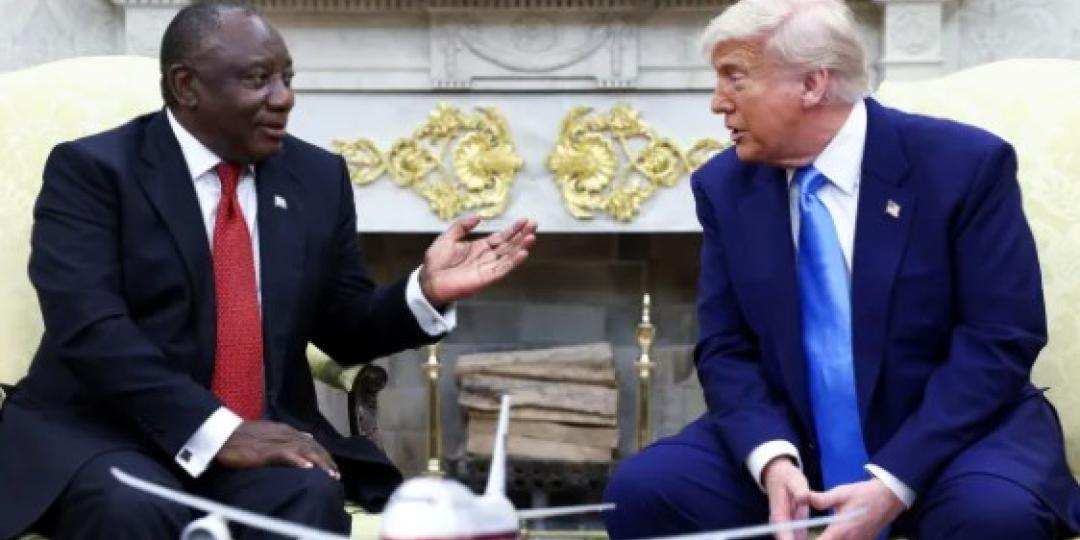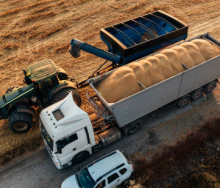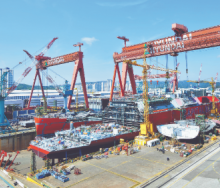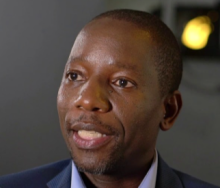President Cyril Ramaphosa seemed ambushed by inflammatory content when he and President Donald Trump sat down in the Oval Office to address the media upon the conclusion of trade talks in Washington.
Amid many questions shouted from the floor, the ANC leader was clearly caught off guard when video footage was played of a gathering of the Economic Freedom Fighters (EFF), where its firebrand leader and opposition parliamentarian, Julius Malema, sang Dubul’ ibhunu (“Kill the Boer, Kill the Farmer”).
The footage also contained incitement by the uMkhonto weSizwe (MK) Party of Jacob Zuma, and although Ramaphosa tried to be as gentlemanly as possible in his manner, he was in the lair of a Republican leader known for twisting facts, provocative statements and race-baiting.
For a moment it seemed as if the stage was set for a fiasco rivalling the White House visit of Ukrainian President, Volodymyr Zelenskyy.
That Trump would go for the jugular about the treatment of white farmers was to be expected, especially given last week’s development when 49 so-called “Afrikaner refugees” landed at Dulles Airport in Virginia.
Trump also referred to an area of white crosses in South Africa, “each one having a body underneath it” (presumably the farm-murder memorial on a hill near Polokwane).
If the American president was really concerned about factual accuracy, he would have found that the crosses in question actually represent individual farm attacks, many of which claimed more than one life.
It would've made for more grist to his malicious mill.
But facts can be a nuisance when you’re on a crusade to prove a spurious point, and Ramaphosa admitted that he didn’t know about the crosses Trump was talking about.
Unfortunately, it made for very bad optics.
It also adds to last week's narrative, when Ramaphosa didn't think it was important to visit the farm-murder memorial area at the Nampo Harvest Day agricultural expo in the Free State.
Trump’s bait about the plight of white farmers in South Africa wasn't swallowed hook, line, and sinker.
Ramaphosa reminded him that we live in a constitutional democracy where even inflammatory remarks are allowed, adding that if he wasn’t serious about the country’s inclusive future, he would not have included the leader of the opposition, John Steenhuisen, to be part of his Government of National Unity (GNU).
With that, it was time to pass the baton to the Minister of Agriculture.
Answering a question about the possibility of South Africa’s economy collapsing under the weight of sector-based threats, Steenhuisen said it has become a priority of the GNU to make farm attacks and stock theft a priority crime.
He also pointed out that the footage of EFF and MK Party sloganeering depicted minority parties in South Africa.
“It is precisely because of that,” Steenhuisen said with reference to the footage, “that we have decided to join hands with the ANC, to keep that lot out of the GNU.
“We want to shut the door forever on that rabble getting through the doors of the Union Buildings.”
Decorated golfer Ernie Els followed Steenhuisen, saying: “We want to see things get better in our country.”
He said South Africa had had 35 years of ANC government and there had been a lot of anger through the transition, but Nelson Mandela was released from prison spreading a message not of hatred but of unification.
Els wasn’t alone in evoking the spirit of Mandela.
In a clear indication that the bilateral discussions included expat South African Elon Musk’s Starlink connectivity enterprise, Richemont owner Johann Rupert carried on with the common rebuttal theme of crime affecting everyone in South Africa, not just white people working on farms.
He said: “We want Starlink at every police station,” and brought illegal immigration into the conversation, a topic that clearly struck a chord as Trump pensively listened to the billionaire businessman, a regular golfing partner of his.
But it was Ramaphosa, ever statesmanlike in his conduct compared to Trump, who on various occasions referred to an NBC journalist as an “idiot”, who had the last word.
Having earlier remarked on the long history of trade relations between the two countries, with about 600 American companies having been active in South Africa, some of them for more than 100 years, he said SA-US investor and trade relations “are mutually beneficial".
“Your support and partnership with us is really what is going to give us a strong way forward.”
However, only time will tell to what extent the trade talks succeeded.













